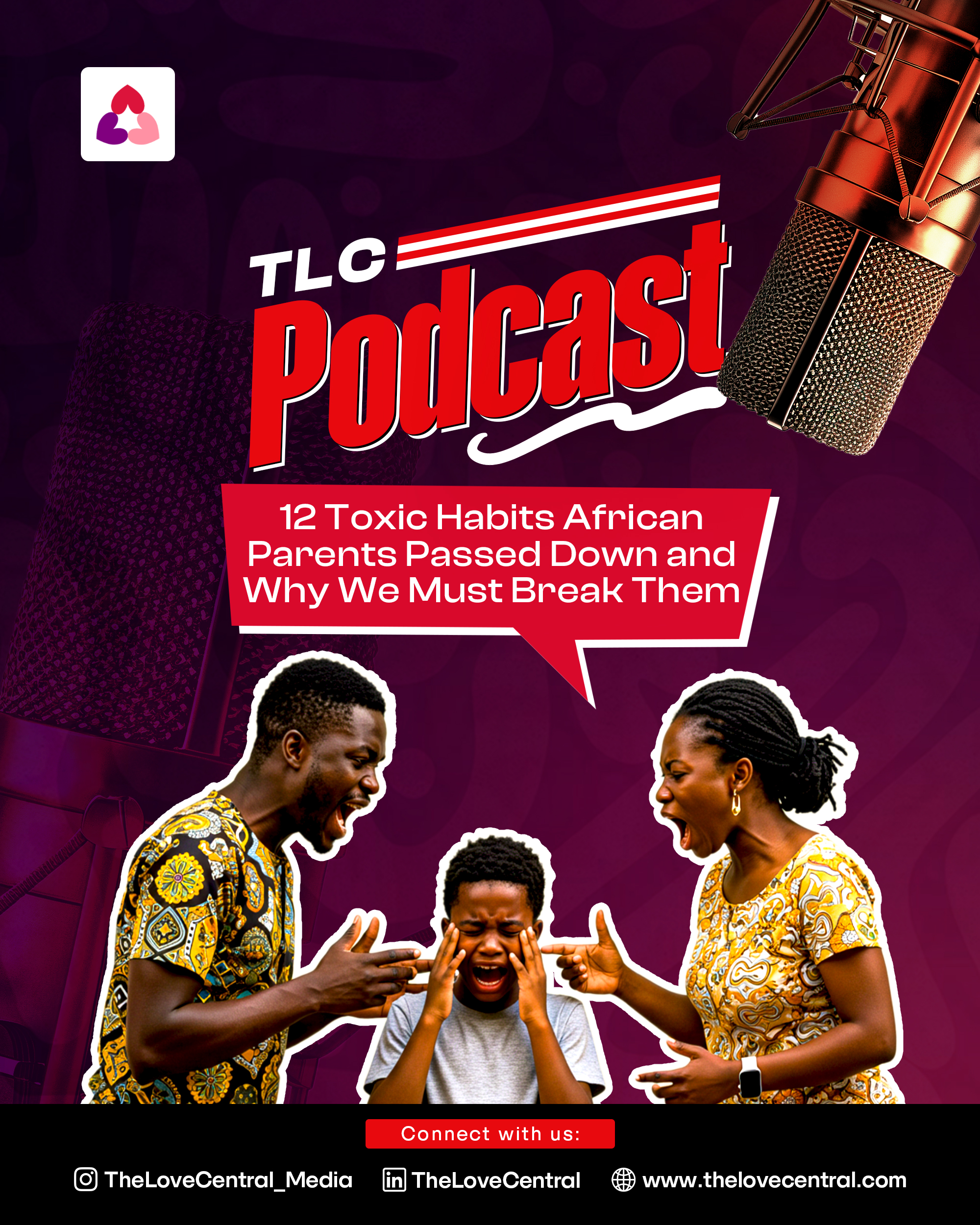Communicating effectively is a very important part of every strong relationship. Couples both need to feel like they are being truly heard, understood, and emotionally connected. Misunderstandings, unresolved conflicts, or unspoken expectations can quietly weaken even the strongest bonds, making everyday interactions feel strained or distant.
Reading the right books can act like a personal coach, offering practical tips, clear strategies, and insights to help couples navigate challenges, express needs without blame, and strengthen emotional connection.
5 awesome books that can help couples feel closer than ever.
1. Nonviolent Communication — Marshall B. Rosenberg
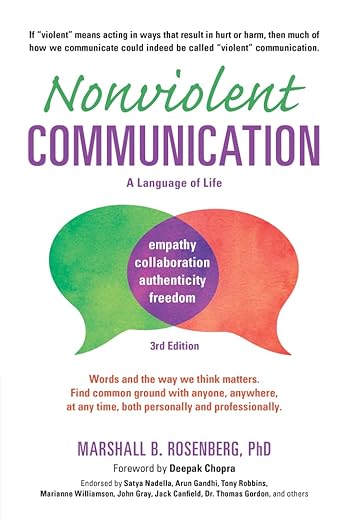
Marshall Rosenberg introduces a four-part model (observations, feelings, needs, and requests)that helps couples replace blame and judgment with honest, compassionate expression. Instead of saying, “You made me angry,” this approach encourages phrases like, “When X happened, I felt Y because I need Z. Would you be willing to…?”
This book is ideal for couples who often get stuck in cycles of criticism or defensiveness and want a clear, step-by-step method for expressing vulnerability without escalating conflict. It’s especially helpful for partners who value structure and emotional honesty.
Key takeaway: Shifting from accusatory language to need-centered requests transforms how conflicts are experienced, turning tension into opportunities for understanding and connection.
2. The Seven Principles for Making Marriage Work — John Gottman
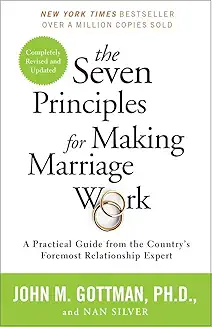
Drawing on decades of observational research, John Gottman identifies behaviors that can predict relationship success or failure. The book outlines seven practical principles, such as building fondness and admiration, turning toward rather than away from your partner, and developing daily habits that strengthen your bond. Each principle comes with exercises that couples can apply immediately to improve their connection.
This book is perfect for couples who want evidence-based guidance and concrete strategies. It’s especially useful for partners who appreciate research-backed methods and small, repeatable actions that grow into long-term relationship health.
Key takeaway: Small daily interactions and emotional intelligence matter far more than grand gestures. By cultivating micro-habits that nurture connection, couples can create lasting closeness and trust.
Related Content: Unconventional Parenting Books that Can Change Your Life
3. Hold Me Tight — Dr. Sue Johnson
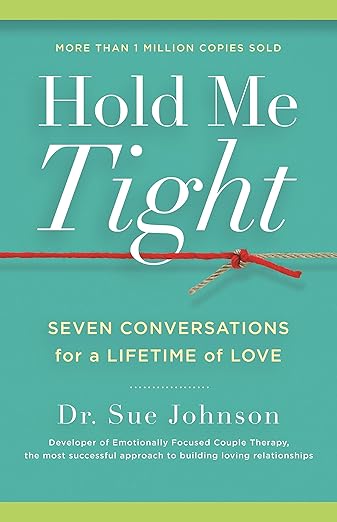
Rooted in Emotionally Focused Therapy (EFT), Hold Me Tight explores how adult attachment needs shape conflict and connection. Dr. Sue Johnson reframes arguments as attempts to secure emotional safety and provides seven conversation templates known as the Hold Me Tight conversations.
This book is ideal for couples who feel stuck in recurring negative patterns and want to understand the deeper emotional needs driving their fights. It’s particularly helpful when one or both partners struggle with anxiety or avoidance in closeness.
Key takeaway: Behind anger or withdrawal lies a vulnerable attachment need. When couples learn to identify and respond to that need, genuine repair, understanding, and emotional closeness become possible.
4. The Five Love Languages — Gary Chapman
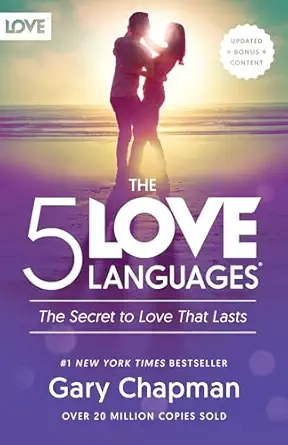
Gary Chapman introduces the idea that people give and receive love in five primary “languages”: Words of Affirmation, Quality Time, Acts of Service, Gifts, and Physical Touch. Misunderstandings often happen when partners speak different languages, each thinking they’re showing love correctly, but missing how the other experiences it.
This book is perfect for couples who want a simple, practical way to meet each other’s emotional needs. It’s especially useful for partners who feel loved differently and want a clear map to translate gestures into meaningful, felt appreciation.
Key takeaway: Learning your partner’s primary love language is like a communication shortcut—it helps you take small, intentional actions that make love feel visible and real.
If you are curious about your love language? Take our quick quiz to uncover how you and your partner can connect and communicate love more effectively.
5. Crucial Conversations: Tools for Talking When Stakes Are High — Kerry Patterson, Joseph Grenny, Ron McMillan, and Al Switzler
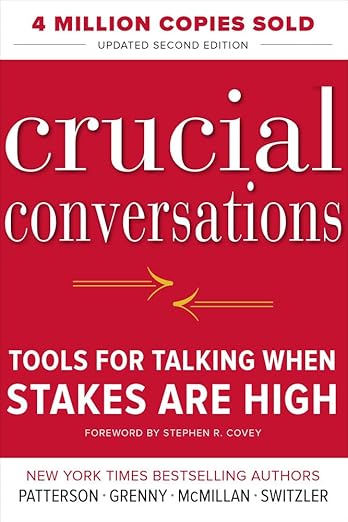
Crucial Conversations offers practical tools for handling high-stakes discussions. It teaches couples how to create a sense of safety, manage strong emotions, and move toward shared goals. While not specifically written for couples, its techniques for staying present and preventing escalation are incredibly effective in intimate relationships.
This book is ideal for couples who struggle with explosive or avoidant patterns during important conversations and need strategies to keep dialogue constructive under pressure. It’s also great for partners who want communication skills they can apply beyond the relationship.
Key takeaway: When conversations really matter, clarity about goals and intentional safety-building allow both partners to engage openly without defensiveness, turning potentially tense moments into opportunities for connection.
How to Choose the Right Book for Your Relationship
Start by identifying what you want to improve.
If arguments often involve blame, begin with Nonviolent Communication.
For research-backed habits that strengthen everyday connection, try Gottman’s The Seven Principles for Making Marriage Work. Need to repair attachment patterns and break negative cycles? Hold Me Tight is your guide.
Want to feel more appreciated and loved? Pick The Five Love Languages. And if high-stakes conversations often derail your progress, Crucial Conversations will give you the tools to stay calm, clear, and constructive.
Read each chapter together, journal your reflections, and practice one technique for a week.
Communication skills can be learned, refined, and strengthened over time. These five books offer different entry points you can choose based on what fits your relationship best.








